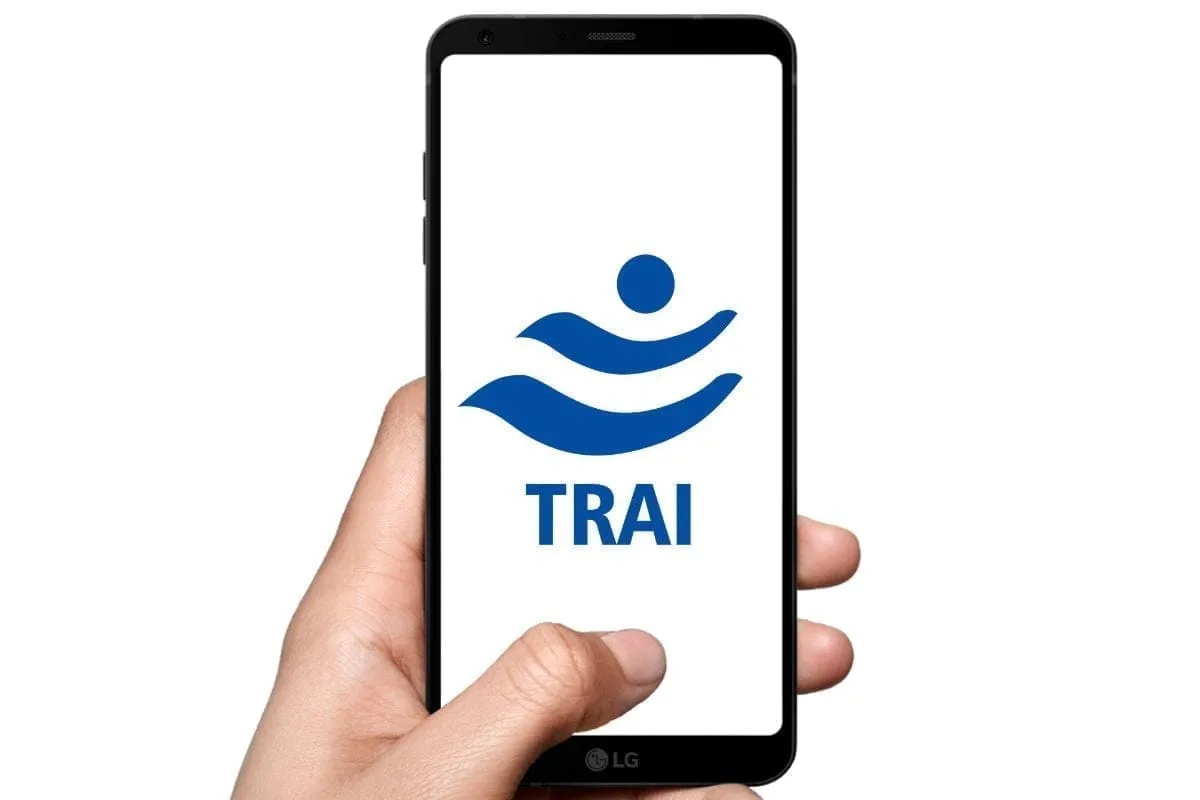
The Telecom Regulatory Authority of India (TRAI) has released its recommendations on issues related to critical services in the Machine-to-Machine (M2M) sector and the transfer of ownership of M2M SIMs. These follow a reference from the Department of Telecommunications (DoT) dated January 1, 2024, which sought a review of TRAI's earlier recommendations issued in September 2017.
Also Read: Telecom Operators Have Published Mobile Coverage Maps as Mandated, Confirms TRAI
Background and Consultation Process
In June 2024, TRAI issued a consultation paper to gather stakeholder input, receiving 16 comments and one counter-comment. An open house discussion was held virtually in October 2024.
Highlighting the growing significance of M2M communication in areas such as automotive, utilities, healthcare, safety and surveillance, financial, public safety, smart city and agriculture, TRAI has proposed a structured approach to identifying "critical IoT services." The authority recommends that a service be designated as critical if it requires ultra-reliable, low-latency connectivity with high availability, and if any disruption could adversely impact national security, public health, safety, or the economy.
TRAI has suggested that the classification of such services be carried out by the concerned ministry or regulatory authority in consultation with DoT. To aid this process, DoT has been advised to develop an institutional mechanism.
Technology-Neutral Approach for M2M Connectivity
"TRAI has recommended a technology-agnostic approach for the provision of critical IoT services. Specifically, TRAI has recommended that any wireless M2M communication technology (utilizing unlicensed spectrum, or licensed spectrum) or wired M2M communication technology should be permitted to be used for the provision of critical IoT services if it meets the prescribed service performance benchmarks," the Ministry of Communications said on Tuesday, April 22, 2025.
In light of increasing deployment of IoT devices, the regulator has underlined the need for stringent security and privacy measures. It has proposed that M2M communication modules embedded in IoT devices used in critical sectors identified by the National Critical Information Infrastructure Protection Centre (NCIIPC) be brought under the Mandatory Testing and Certification of Telecommunication Equipment (MTCTE) regime in a phased manner.
Security and Certification for Critical IoT Devices
"With a view to allaying security and privacy concerns in respect of IoT devices, particularly those which are used in critical sectors, TRAI has recommended that the M2M communication modules embedded/ plugged in all IoT devices (which are capable of being connected to telecommunication networks) deployed in the critical sectors identified by National Critical Information Infrastructure Protection Centre (NCIIPC), Government of India should be notified under the framework of Mandatory Testing and Certification of Telecommunication Equipment (MTCTE) in a phased manner," the official release said.
Also Read: Telecom Drive Tests Reveal Airtel, Jio Lead in Network Quality Across Indian Cities
Framework for SIM Ownership
On the issue of SIM ownership, TRAI has recommended the establishment of a regulatory framework allowing the transfer of M2M Service Provider (M2MSP) registrations in cases of mergers, demergers, or acquisitions. It also proposed enabling the transfer of M2M SIM ownership between authorized entities.
These recommendations aim to strengthen the regulatory framework supporting India's evolving M2M and IoT ecosystem, ensuring service reliability, security, and operational continuity across critical sectors.















